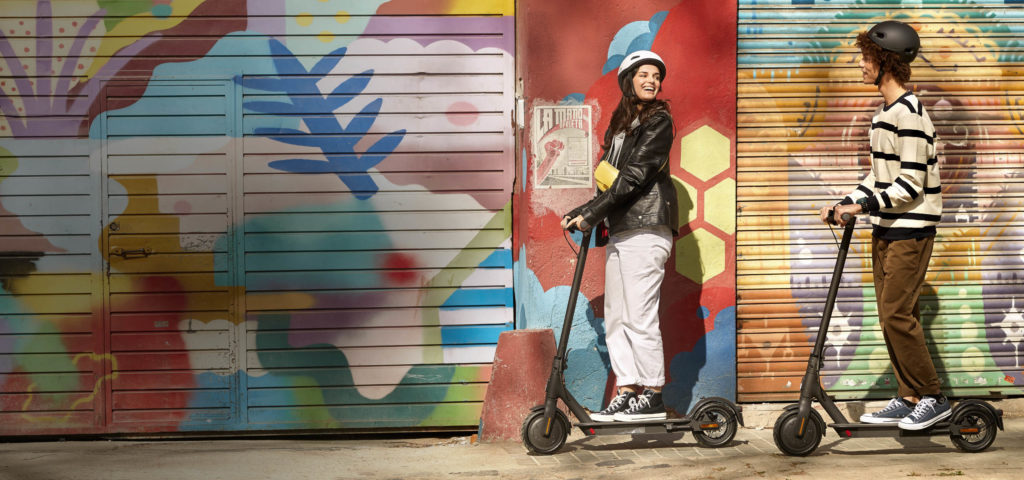In our digital age, access to reliable power sources is non-negotiable. With 10.1 million households in the United States identifying as nomadic, based on the 2020 census— how to provide continuous power while on the move poses a critical question. This blog demystifies this challenge by going over the basics of cost-effective and sustainable power solutions, or what we can term as electric essentials, that cater specifically to your nomadic lifestyle.
Understanding the Need for Power
While embracing a nomadic lifestyle, you need to consider thoroughly your power needs. These needs largely depend on various factors like the number of people, electronic devices, appliances, and your general routine. Even simple tasks like charging your phone, using your laptop, or refrigerating food require different levels of power supply which you must plan for.
Nomadic Lifestyle: Potential Power Sources
Several potential energy sources can suit your travelling needs. Of course, traditional gasoline or diesel generators are always an option. Solar energy is a green, renewable source when accompanied with key components like solar panels, charge controllers, and batteries. Additionally, wind and hydroelectric turbines can be quite beneficial, particularly in areas with strong winds or flowing water.
The Simplicity of Portable Generators
Portable generators are often a quick and easy solution for the energy needs of a nomad. They are user-friendly with easily available fuel and maintenance requirements. However, keep in mind that these generators produce noise and emit carbon monoxide which could pose health hazards.
Going Green with Solar Energy
Solar energy offers a clean and sustainable alternative for powering your life on wheels. Utilising solar panels along with batteries allows you to store up surplus energy for later use. Keep in mind, the cost and installation can be high upfront yet provides a long lasting resource from the sun in the long term.
Deploying Wind and Water Turbines
Wind and water turbines work well if you are typically located in areas with consistent strong winds or flowing water. These resources can generate substantial energy but their viability strongly depends on your environment. Moreover, they require substantial investment and specific conditions to generate efficient electricity.
Understanding Batteries
Batteries play a crucial role in your energy ecosystem as they store the power you generate. While selecting batteries, consider their capacity, lifespan, and type. The commonly used types are Lithium Ion, AGM and Gel. Each battery has its specific pros and cons depending on your usage requirements.
The Concept of Inverters
Most appliances run on AC power, yet most energy sources produce DC power. Therefore, an inverter is necessary to convert DC into usable AC power. There are two forms: pure sine wave inverters and modified sine wave inverters, the former usually offering a more quality conversion.
Converting Energy with Solar Charge Controllers
Solar charge controllers help regulate the voltage and current coming from your solar panels to your batteries. They prevent overcharging batteries and increase their overall lifespan. While choosing a solar charge controller, consider factors like its type: PWM or MPPT, efficiency, safety features, and ease of use.
Efficient Energy Usage Tips
Efficient power usage is essential for sustainable nomadic living. Consider powering down unnecessary devices and taking advantage of natural light during daylight hours. Additionally consider using energy-efficient appliances which can reduce overall energy consumption while maintaining a comfortable lifestyle.
Understanding Energy Consumption
Every electronic device consumes energy differently. It is important to understand your device’s power needs, measured in watts. This understanding helps you plan your energy needs more accurately, making sure you don’t experience unexpected power outages.
Maintenance of Your Power Systems
Maintaining your power system is a key part of the electrical basics needed for nomadic living. Ensure you clean your solar panels regularly, check your generator for any damages, and periodically inspect your batteries to ensure they are in perfect condition. Remember, regular maintenance increases the lifespan of your system and ensures seamless power supply.
Off-Grid Living Legalities
When living off-grid, it is crucial to follow regulations relating to the use of power sources primarily for safety reasons. Some countries have restrictions on the use of generators at certain hours or places due to noise pollution. Always verify these legalities before setting up your power systems.
Necessary Safety Precautions
Safety should be a priority when dealing with power systems, as improper handling can lead to serious risks. Ensure all installations are done correctly and follow usage guidelines meticulously. Regularly test all devices and use a Carbon Monoxide detector if using a generator.
A Profound Shift
Living nomadically represents a shift towards exploring uncharted territories in life. Remember always to stay aware of and prepared for every facet of this lifestyle including how to manage and provide power optimally. Whether you choose to utilize solar panels, wind turbines, or stay connected via traditional generators, the choice is in your hands. You have the power to choose a sustainable lifestyle that works best for you, quite literally!



